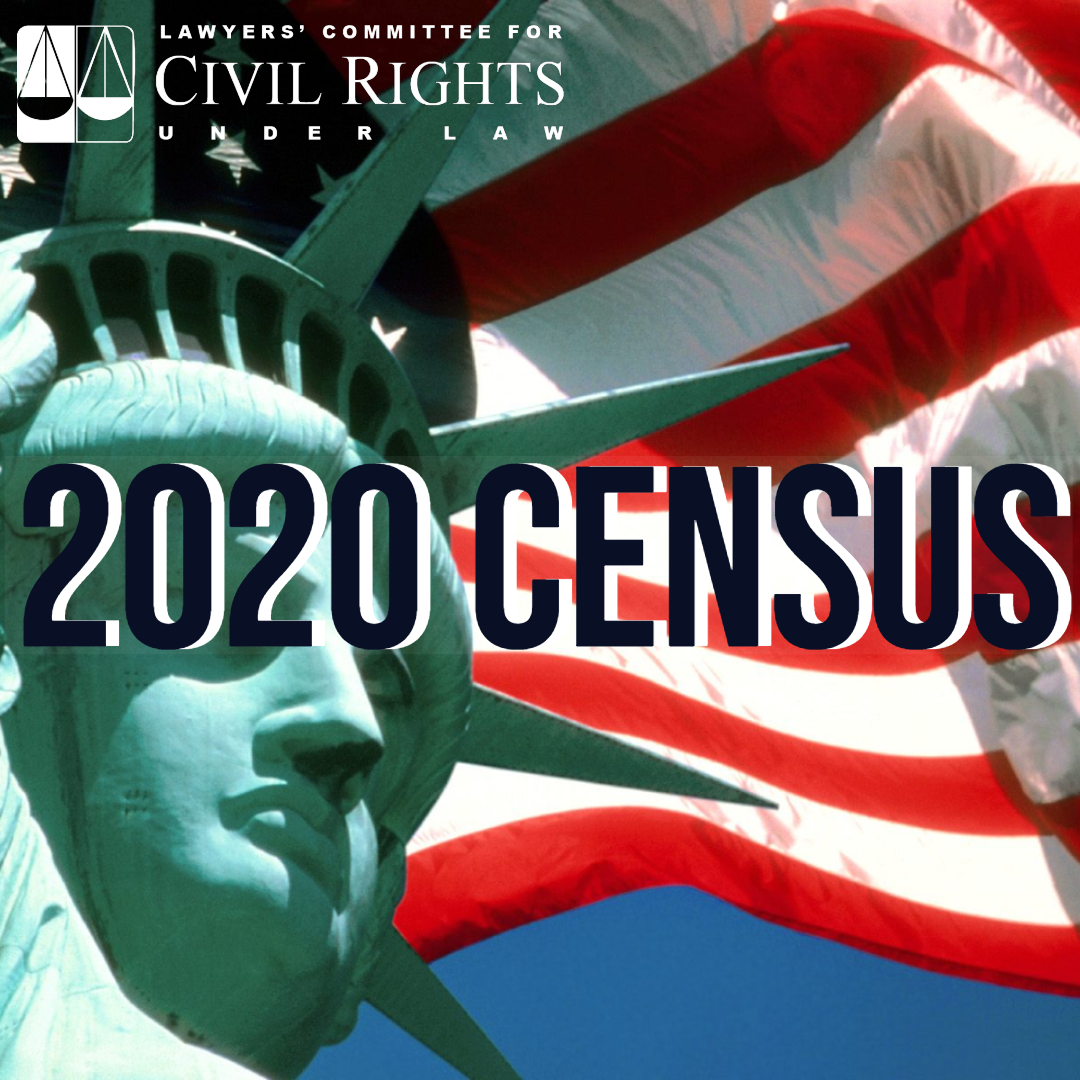Washington, D.C. – In response to the Department of Justice confirming today that the decision has been made to print the 2020 Decennial Census questionnaire without a citizenship question, and that the printer has been instructed to begin the printing process, Kristen Clarke, president and executive director of the Lawyers’ Committee for Civil Rights Under Law, issued the following statement:
“The Supreme Court’s ruling left little opportunity for the administration to cure the defects with its decision to add a citizenship question and, most importantly, they were simply out of time given the impending deadline for printing forms. We are pleased that the Justice Department is moving forward with printing the 2020 Census questionnaire without a citizenship question, and also pleased that the printer has been instructed to begin the printing process. Time is of the essence. It is critical that this administration and groups across the country focus their full attention, resources and energy on ensuring a fair and accurate count in 2020.”
Clarke continued: “The decennial Census is one of the most monumental undertakings by our federal government and work to ensure an accurate count must now begin with all deliberate speed.”
The Lawyers’ Committee for Civil Rights Under Law successfully challenged the administration on the use of the citizenship question in federal court in California. The Lawyers’ Committee’s lawsuit was brought on behalf of the City of San Jose and the Black Alliance for Just Immigration, along with co-counsel Public Counsel and Manatt Phelps & Phillips, LLP.
About the Lawyers’ Committee for Civil Rights Under Law
The Lawyers’ Committee for Civil Rights Under Law, a nonpartisan, nonprofit organization, was formed in 1963 at the request of President John F. Kennedy to involve the private bar in providing legal services to address racial discrimination. Now in its 56th year, the Lawyers’ Committee for Civil Rights Under Law is continuing its quest to “Move America Toward Justice.” The principal mission of the Lawyers’ Committee for Civil Rights Under Law is to secure, through the rule of law, equal justice for all, particularly in the areas of criminal justice, fair housing and community development, economic justice, educational opportunities, and voting rights.


